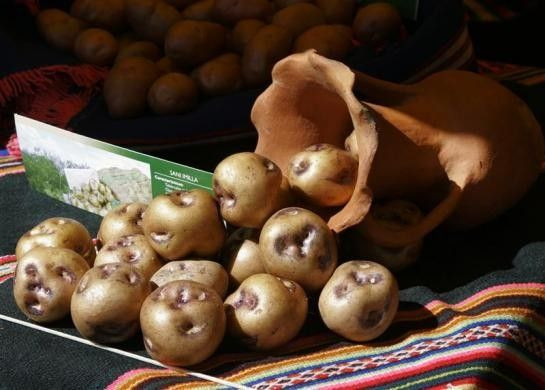Potatoes, onions and cauliflower fight stomach cancer

Eating large quantities of white vegetables can reduce the chances of getting stomach cancer, according to a study at Zhejiang University. People who ate potatoes, onions and cauliflower are less likely to develop cancer.
Scientists reviewed 76 existing studies about stomach cancer and diet that surveyed more than six million people and 33,000 deaths from the same illness. They found that consuming 100 grammes of fruit everyday decreased five per cent risk of developing the condition.
Vitamin C is presumed to be the key to ward off the disease. Ingesting 50 grammes of the vitamin daily decreases eight percent chances of getting stomach cancer.
“The decreasing incidence of gastric cancer in developed countries may be partly the results of increased use of refrigeration, availability of fresh fruit and vegetables, and decreased reliance on salted or preserved foods,” the authors of the study claimed, according to the Daily Telegraph. "Both fruit and white vegetables are rich sources of vitamin C, which showed significant protective effect against gastric cancer by our analysis.”
The study also linked the consumption of foods with high salt content with gastric cancer. Alcohol consumption, particularly beer and liquor, also play a role in the cancer's development.
Stomach cancer is a common cancer in Australia, according to Cancer Council Australia. In 2011, 2,093 new cases of stomach cancer were diagnosed. The disease affects nearly twice as many men as women. In 2012, 1,143 died from this cancer.
"This study provides comprehensive and strong evidence that there are a number of protective and risk factors for gastric cancer in diet,” the researchers added. “Our findings may have significant public health implications with regard to prevention of gastric cancer and provide insights into future cohort studies and the design of related clinical trials."
Contact the writer at feedback@ibtimes.com.au or tell us what you think below.





















